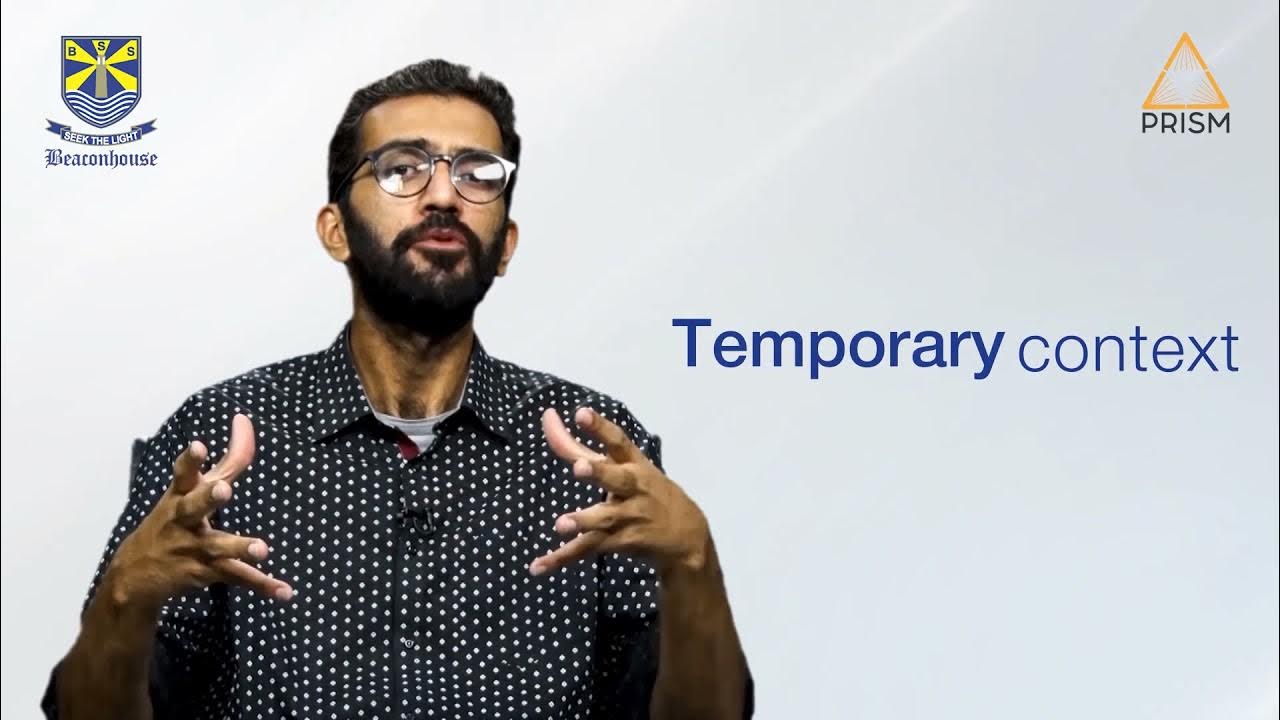Experiential Learning: How We All Learn Naturally
Summary
TLDRExperiential learning, or learning through reflection on doing, is a powerful method of acquiring skills and knowledge. It involves trying, failing, and analyzing the reasons behind the failure to improve. This natural process is seen in various life experiences, from learning to walk to mastering a musical instrument. It's not just for physical skills; it's also beneficial for academic subjects and abstract concepts. The script suggests that experiential learning is universal, applicable in both personal development and professional settings, such as Silicon Valley startups using it to iterate on products based on customer feedback.
Takeaways
- 🧠 Experiential learning is a powerful form of learning that involves reflection on doing, which is crucial for skills development.
- 🩰 It is a natural process observed in various scenarios, from prima ballerinas to children learning to walk.
- 👣 Even painful experiences like falling while learning to walk contribute to learning through the brain's unconscious analysis of the event.
- 🧠 Our brain processes information from our body and environment to understand the cause of a failure, which is essential for improvement.
- 🔄 The process of experiential learning involves doing, reflecting, understanding, and then deciding on a new approach.
- 🎵 Musicians often excel in tests due to the practice of experiential learning through playing an instrument, which engages multiple brain areas.
- 🎶 Learning an instrument involves a fast feedback loop, which is crucial for recognizing and correcting mistakes quickly.
- 💡 Experiential learning is not just for physical skills; it can be applied to improve performance in various fields, including science and art.
- 🤝 It can be a collaborative process, as seen in Silicon Valley start-ups where teams reflect on customer feedback to iterate on their products.
- 🏢 Businesses and individuals can benefit from experiential learning by getting out of their comfort zones and reflecting on real-world interactions.
Q & A
What is experiential learning?
-Experiential learning is a natural and powerful form of learning that occurs through reflection on doing. It is how individuals learn from their experiences, making sense of the information available to them, and adjusting their actions based on the analysis of past events.
How does experiential learning manifest in daily life?
-Experiential learning is evident in everyday activities such as walking, talking, or even learning to dance. It is particularly noticeable in instances where one encounters failure and must analyze what went wrong to improve in subsequent attempts.
What role does experiential learning play in the development of motor skills?
-Experiential learning is crucial in the development of motor skills as it allows individuals to understand the relationship between their body movements and the outcomes, enabling them to adjust and improve their actions through practice and reflection.
How does the brain process experiential learning?
-The brain unconsciously analyzes the relationship of events within the body or the environment during experiential learning. It remembers the sequence of actions and the outcomes, allowing for the identification of what needs to change for improvement.
Why is experiential learning effective in learning new skills?
-Experiential learning is effective because it involves direct engagement with a task, followed by reflection on the experience, which leads to the formation of abstract concepts and understanding of cause-and-effect relationships.
What are the steps involved in experiential learning?
-The steps in experiential learning include getting into a situation to experience, reflecting on what happened, understanding the relationships to form an abstract concept, deciding what to do differently next time, and then repeating the process.
How does experiential learning benefit musicians?
-Experiential learning benefits musicians by engaging their brain in motor, visual, and auditory areas, and by providing a fast feedback loop that allows them to immediately recognize and correct mistakes, thus improving their skills through practice, reflection, understanding, and repetition.
Can experiential learning be applied to academic subjects like science and math?
-Yes, experiential learning can be applied to academic subjects. It can involve hands-on experiments, problem-solving, and reflective practices that help in understanding complex concepts and theories.
What is the significance of feedback in experiential learning?
-Feedback is significant in experiential learning as it provides immediate information about the outcomes of one's actions, allowing for the identification of errors and the necessary adjustments to improve performance.
How do Silicon Valley start-ups utilize experiential learning?
-Silicon Valley start-ups utilize experiential learning by encouraging their developers to interact with real potential customers. After these interactions, the team analyzes the feedback and decides on the next steps to take, incorporating learning from real-world experiences into their product development.
What is the broader implication of experiential learning in professional settings?
-In professional settings, experiential learning can lead to improved problem-solving skills, better decision-making, and enhanced innovation as teams reflect on their experiences, learn from their mistakes, and continuously adapt their strategies.
Outlines

هذا القسم متوفر فقط للمشتركين. يرجى الترقية للوصول إلى هذه الميزة.
قم بالترقية الآنMindmap

هذا القسم متوفر فقط للمشتركين. يرجى الترقية للوصول إلى هذه الميزة.
قم بالترقية الآنKeywords

هذا القسم متوفر فقط للمشتركين. يرجى الترقية للوصول إلى هذه الميزة.
قم بالترقية الآنHighlights

هذا القسم متوفر فقط للمشتركين. يرجى الترقية للوصول إلى هذه الميزة.
قم بالترقية الآنTranscripts

هذا القسم متوفر فقط للمشتركين. يرجى الترقية للوصول إلى هذه الميزة.
قم بالترقية الآن5.0 / 5 (0 votes)






